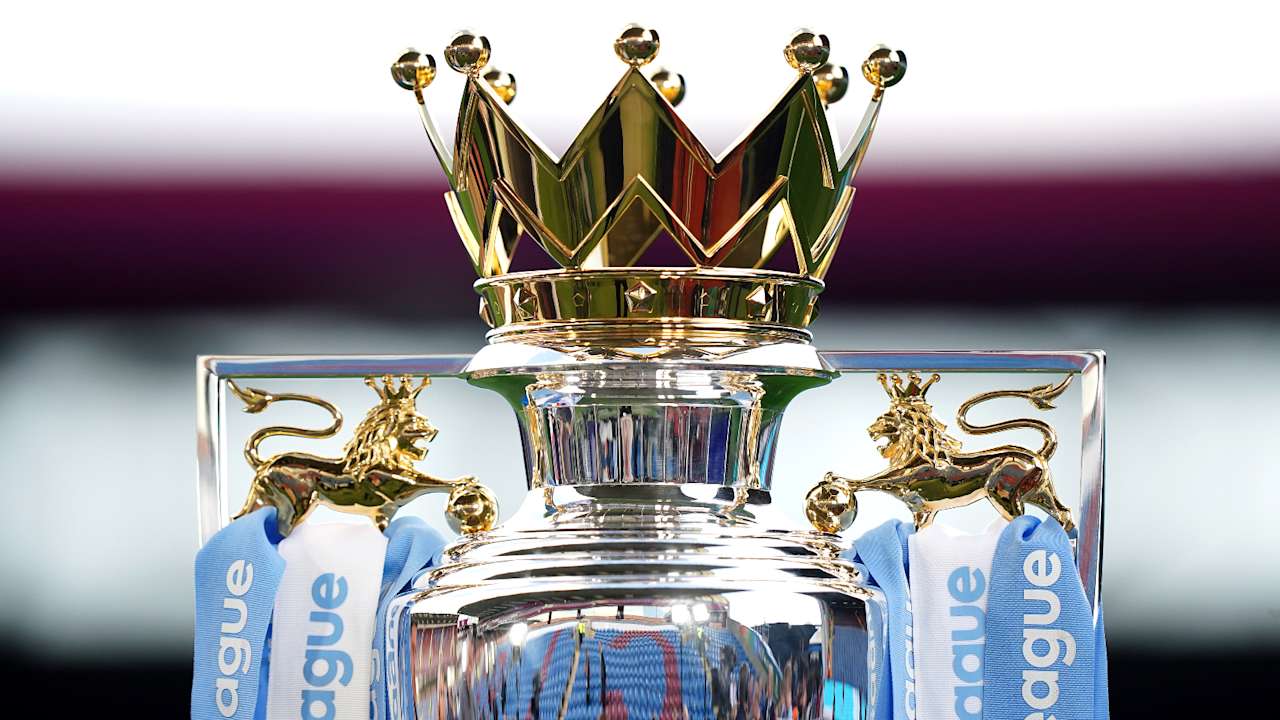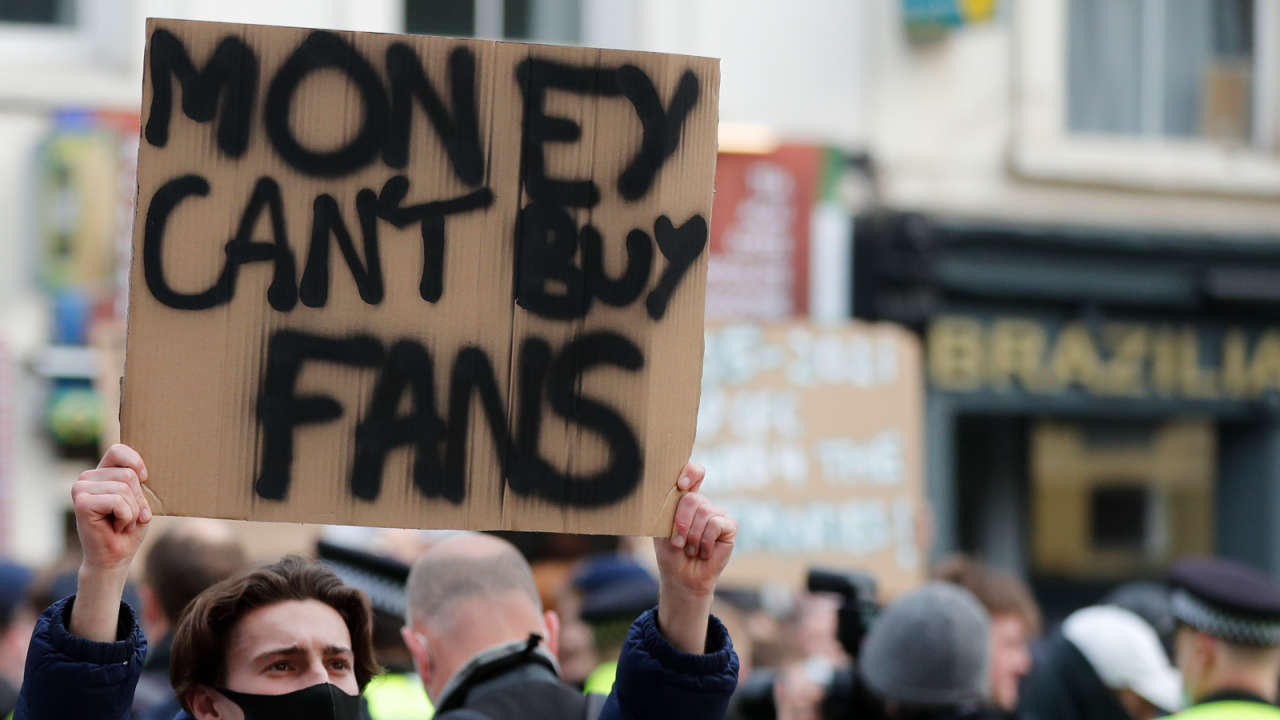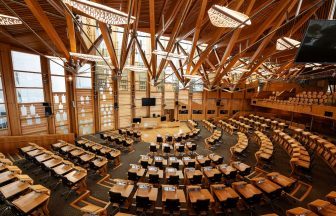A regulator has been touted as the possible solution to fixing ‘the game’s broken financial model’
Words by James Gray, ITV News Multimedia Producer
Steps to introduce an independent regulator for English football will kick up a gear on Tuesday, when the Football Governance Bill is introduced before Parliament.
The legislation will give powers to a body, which is separate from both government and football authorities, to license clubs in England’s top five tiers.
First pitched nearly five years ago, it has been heralded as the possible solution to fixing “the game’s broken financial model”.
But why precisely is a regulator being introduced? And what powers will it have in reality? ITV News explains.
What is the bill?
Coined the Football Governance Bill, the legislation will underpin the creation of an independent regulator for English football, which will license clubs in the top five tiers of English football.
Among the regulator’s key responsibilities, will be ensuring clubs are financially sustainable, making the sport more financially resilient between leagues and safeguarding English football’s heritage.
Why is it being introduced?
A fan-led review of English football’s governance was promised by the Conservative Party in its manifesto for the General Election in 2019 – which came months after the financial demise of Bury.
The review was commissioned in April 2021 in the immediate aftermath of the European Super League scandal. Its key recommendation was the creation of an independent regulator.
What powers will the regulator have?
The government has long warned football authorities that a regulator would have ‘backstop powers’ to settle the ongoing row over financial distribution between the Premier League and the EFL (English Football League).
“These powers mean that if the leagues fail to agree on a new deal on financial distributions, then the backstop can be triggered to ensure a settlement is reached,” a government announcement on the Bill said.
Precise details over the point at which the powers would be triggered – and what those powers would look like – have not yet been confirmed, but the government said in a consultation response last September that one option it was considering was binding final offer arbitration.
Under that system, the two leagues would each submit their proposal, the regulator would assess them against predetermined criteria, and then would choose and impose one as the binding arrangement.
As of yet, Premier League clubs have not come to a majority consensus on the size of a a financial package to offer the EFL, with the Premier League saying its clubs are focused on first agreeing new financial rules for the top flight.

Primarily, the regulator will, once established, be concerned with safeguarding the financial sustainability of clubs in England through a licensing system – covering clubs from the National League up to the Premier League.
Non-compliance of this could result in the regulator inflicting a fine of up to 10% of turnover on clubs, the government said.
Additionally, it will have the power to block clubs from competing in unapproved competitions, a nod to the outrage among fans caused by England’s ‘Big Six’ – Manchester City, Manchester United, Liverpool, Chelsea, Arsenal and Tottenham Hotspur – seeking to form a European Super League.
The government intends the regulator’s licensing regime to be “proportionate” and said it will involve a system of provisional and full licences, to give clubs time to transition.
Powers to assess prospective new owners and directors, and disqualify them where they persistently or willfully fail to comply with licensing conditions will also be available to the regulator.

What has been said
A Premier League statement released on Monday evening read: “The Premier League will now study the Football Governance Bill, working closely with government, parliamentarians and key stakeholders.
“We agree it is vital that football clubs are sustainable, remain at the heart of their communities and that fans are fundamental to the game.”
EFL Chairman Rick Parry said: “The EFL welcomes today’s arrival of the Football Governance Bill to Parliament in what we hope will be an important milestone to help us secure the long-term financial sustainability of England’s football pyramid.”
The Football Association (FA), meanwhile, welcomed the commitment to strengthen independent financial regulation within the sport, while the Football Supporters’ Association (FSA) commented that it “provides a means to intervene and stop clubs being run into the ground, protect the heritage of clubs, give supporters a much bigger voice in the running of the game and prevent any chance of domestic clubs joining a breakaway European Super League”.
Prime Minister Rishi Sunak said: “For too long some clubs have been abused by unscrupulous owners who get away with financial mismanagement, which at worst can lead to complete collapse – as we saw in the upsetting cases of Bury and Macclesfield Town.
“This Bill is a historic moment for football fans – it will make sure their voices are front and centre, prevent a breakaway league, protect the financial sustainability of clubs, and protect the heritage of our clubs big and small.”
Follow STV News on WhatsApp
Scan the QR code on your mobile device for all the latest news from around the country































